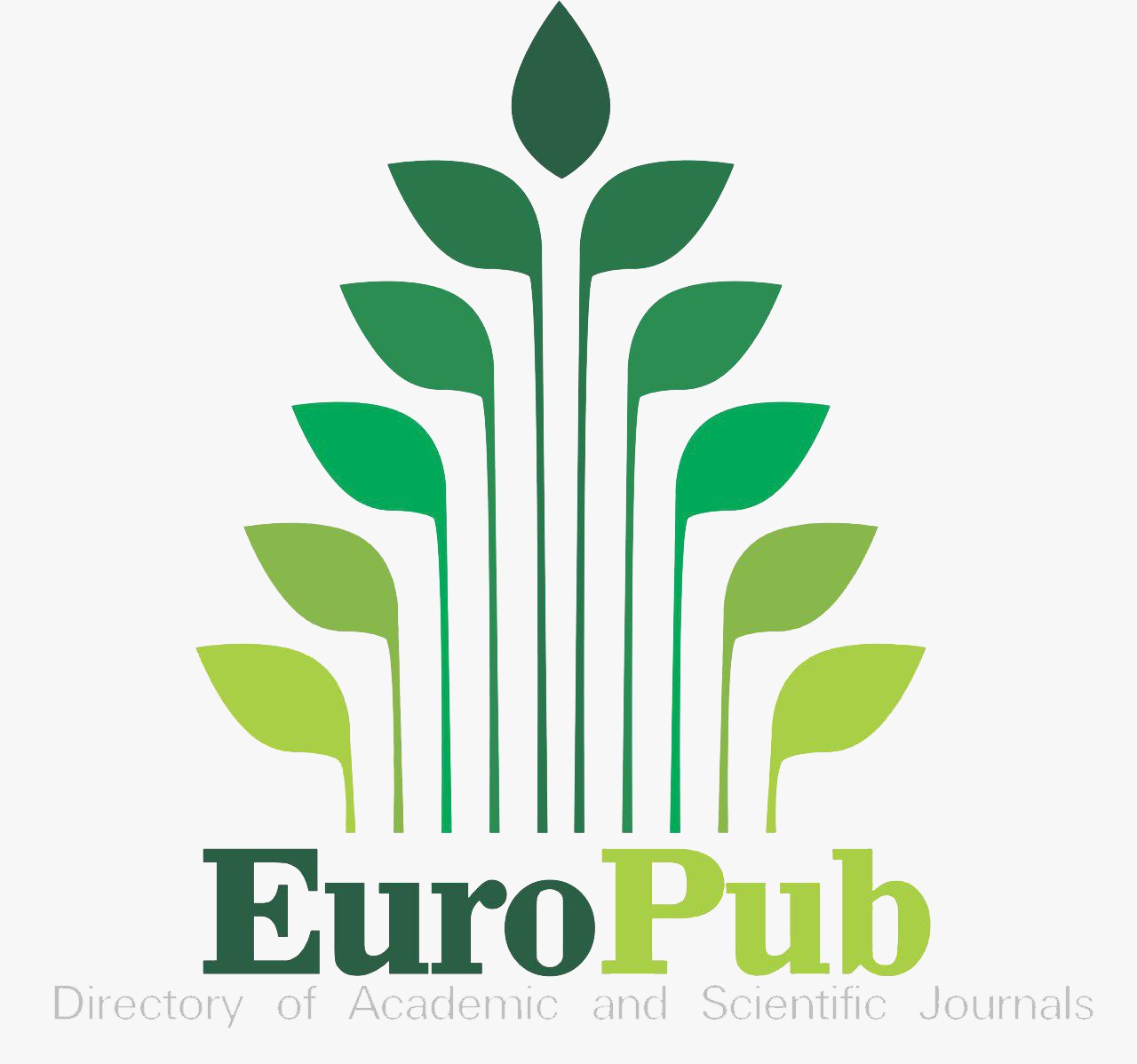WRITING COMPETENCY: A CHALLENGE IN BASIC SECONDARY EDUCATION
DOI:
https://doi.org/10.56219/dialctica.v2i25.3996Keywords:
writing competence, teaching process, written language and communicative intentions.Abstract
Writing competence refers to the ability to express ideas, thoughts and knowledge through the appropriate use of written language, in different contexts and with communicative intentions. It is currently an essential skill in the academic training of secondary school students, since it fosters critical thinking, organization of ideas and effective communication. In Colombia, it is framed within the guidelines of the Ministry of National Education (MEN), especially in the area of Language. Currently, there is great concern due to several external factors, results in SABER tests and internal factors such as lack of motivation and disinterest in the current context. The purpose of this theoretical approach was to analyze the factors that influence the development of writing skills in high school students through pedagogical strategies for their strengthening and challenges in this process. The methodological structure was focused on a documentary review supported by qualitative research through the documentary review technique, which generated an academic essay based on what is the writing competence; which allows concluding that it is characterized as an essential skill in the teaching and learning process that contributes in a good way to promote the quality of education in terms of what is presented in educational institutions.
Downloads
References
Aguillón Lombana, A., & López Hernández, L.R. (2023). Percepciones de profesores de educación Básica Primaria y Básica Secundaria como mediadores sociales en tiempos de pandemia en Colombia. Actualidades Pedagógicas. https://ap.lasalle.edu.co/article/view/37/20 DOI: https://doi.org/10.19052/ap.vol1.iss80.1
Benitorebollo Ruiz, I. (2022). Revisión documental sobre el fortalecimiento de la competencia lectora mediante el uso de un ambiente virtual de aprendizaje (AVA) en estudiantes de educación básica y secundaria. Ciencia Latina Revista Científica Multidisciplinar. https://ciencialatina.org/index.php/cienciala/article/view/3295 DOI: https://doi.org/10.37811/cl_rcm.v6i5.3295
Bustos Castro, P. del C. (2024). Habilidades comunicativas en experiencias de Escritura digital multimodal con estudiantes de Educación Básica Primaria. Franz Tamayo - Revista De Educación, 6(15), 10–33. https://doi.org/10.61287/revistafranztamayo.v.6i15.5 DOI: https://doi.org/10.61287/revistafranztamayo.v.6i15.5
Díaz, Y., Díaz, Á., Mejía, J, & Lucero, E. (2024). El juego y la lectura: Estrategias didácticas para desarrollar pensamiento crítico en la educación primaria. Episteme Koinonía. Revista Electrónica de Ciencias de la Educación, Humanidades, Artes y Bellas Artes, 7(14). https://doi.org/10.35381/e.k.v7i14.4154 DOI: https://doi.org/10.35381/e.k.v7i14.4154
Flórez Espinosa, G.M. (2023). Cambios en el Modelo de Enseñanza de la Educación Ambiental en el Segundo Nivel de Educación Básica Secundaria. Lúmina. https://dialnet.unirioja.es/descarga/articulo/9085498.pdf DOI: https://doi.org/10.30554/lumina.v24.n1.4727.2023
García, M., Arévalo, M., & Hernández, C. (2017). La comprensión lectora y el rendimiento escolar. Cuadernos de Lingüística Hispánica, núm. 32. https://www.redalyc.org/journal/3222/322258748008/html/
Pacherres, M., Zapata, J., Vélez, J., & Tumi, B. (2021). Experiencias de ensayo argumentativo para fortalecer competencias investigativas en estudiantes de secundaria. Conrado, 17(82). http://scielo.sld.cu/scielo.php?script=sci_arttext&pid=S1990-86442021000500411&lng=es&tlng=es.
Rico Molano, A. (2023). Enseñar a Investigar en la Formación Docente Posgradual de Maestros/as de la Educación Básica Secundaria en Colombia. Sophia. https://revistas.ugca.edu.co/index.php/sophia/article/view/1289 DOI: https://doi.org/10.18634/sophiaj.19v.2i.1289
Downloads
Published
How to Cite
Issue
Section
License

This work is licensed under a Creative Commons Attribution-NonCommercial-ShareAlike 4.0 International License.
La revista Dialéctica conserva los derechos patrimoniales (copyright) de las obras publicadas, que favorece y permite la reutilización de los mismos bajo la licencia Creative Commons Atribución-NoComercial-CompartirIgual 4.0 , por lo cual se pueden copiar, usar, difundir, transmitir y exponer públicamente, siempre que se cite la autoría y fuente original de su publicación (revista, editorial, URL y DOI de la obra), no se usen para fines comerciales u onerosos y se mencione la existencia y especificaciones de esta licencia de uso. Si remezcla, transforma o crea a partir del material, debe distribuir su contribución bajo la misma licencia del original.












